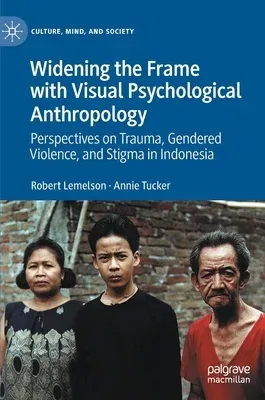Robert Lemelson
(Author)Widening the Frame with Visual Psychological Anthropology: Perspectives on Trauma, Gendered Violence, and Stigma in Indonesia (2021)Hardcover - 2021, 29 October 2021

Qty
1
Turbo
Ships in 2 - 3 days
In Stock
Free Delivery
Cash on Delivery
15 Days
Free Returns
Secure Checkout

Part of Series
Culture, Mind, and Society
Print Length
439 pages
Language
English
Publisher
Palgrave MacMillan
Date Published
29 Oct 2021
ISBN-10
3030798828
ISBN-13
9783030798826
Description
Product Details
Authors:
Book Edition:
2021
Book Format:
Hardcover
Country of Origin:
NL
Date Published:
29 October 2021
Dimensions:
21.01 x
14.81 x
2.69 cm
ISBN-10:
3030798828
ISBN-13:
9783030798826
Language:
English
Location:
Cham
Pages:
439
Publisher:
Series:
Weight:
716.68 gm